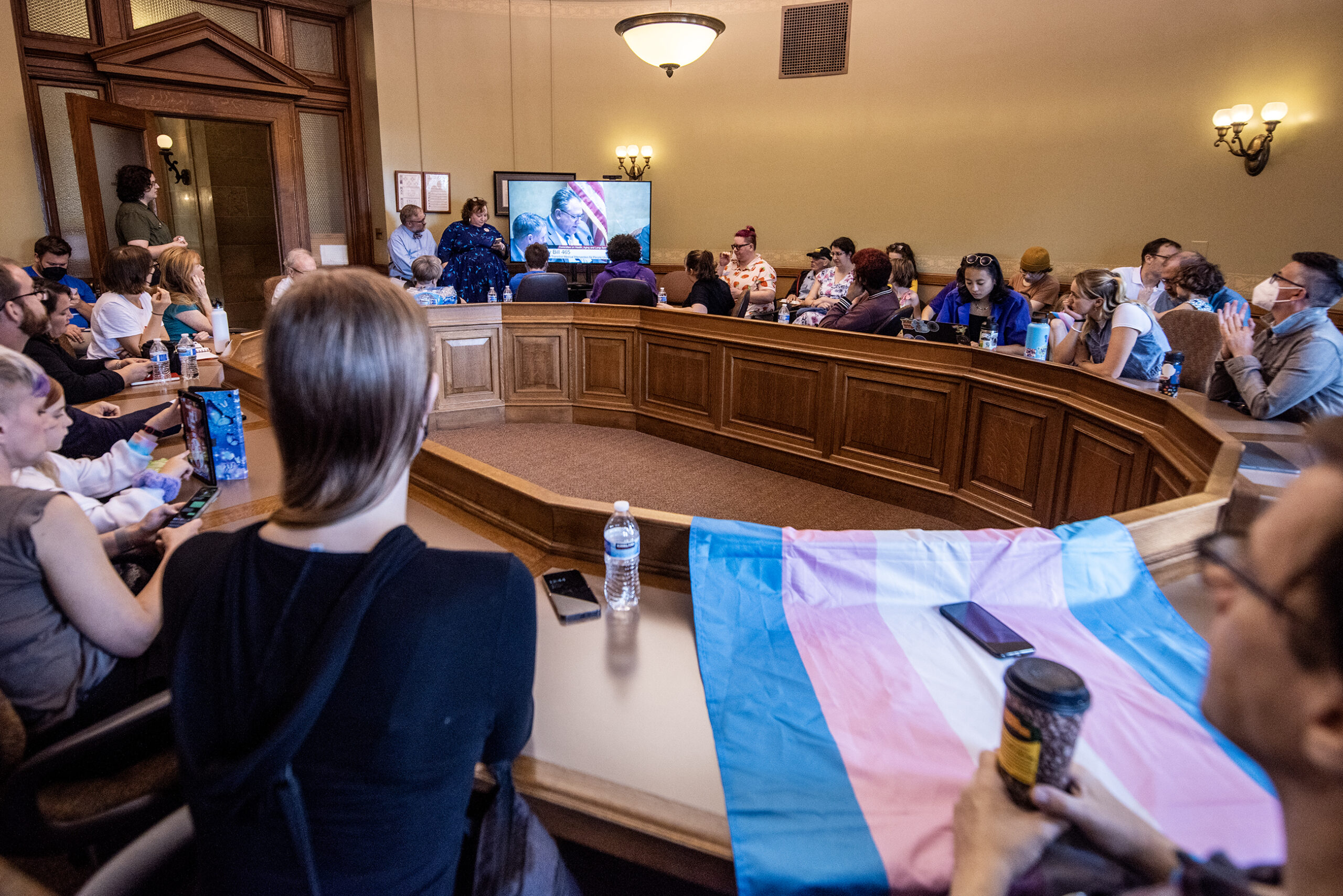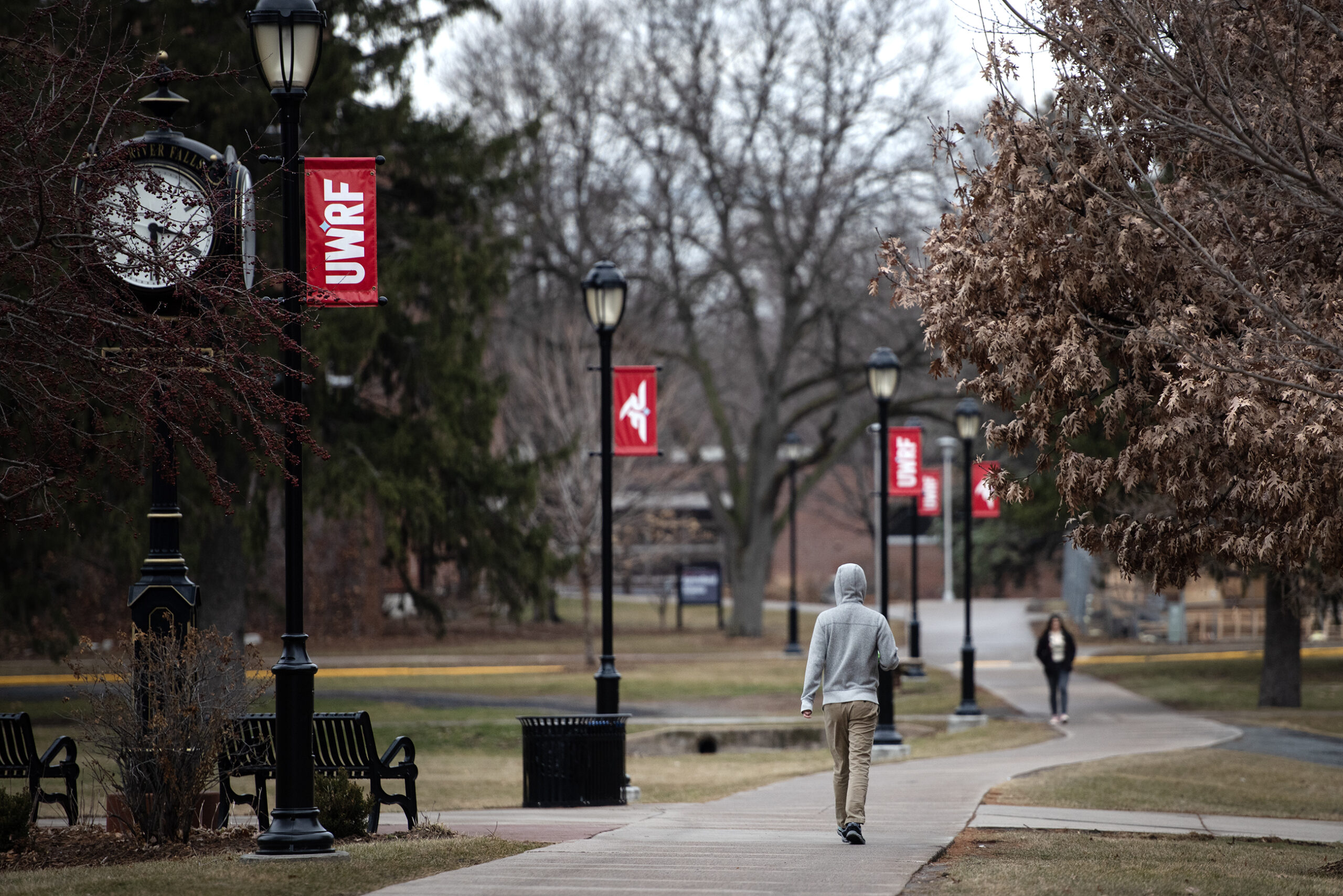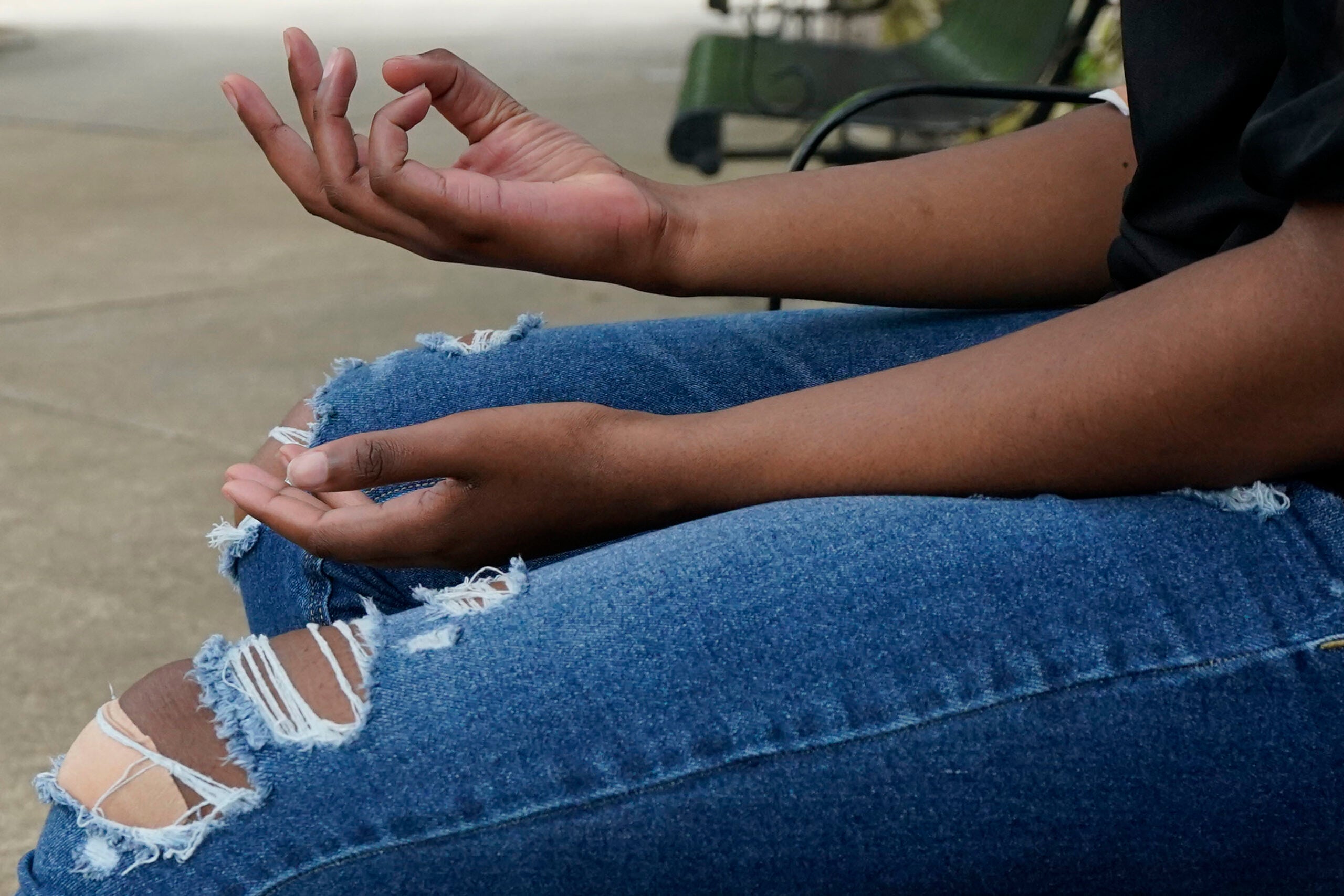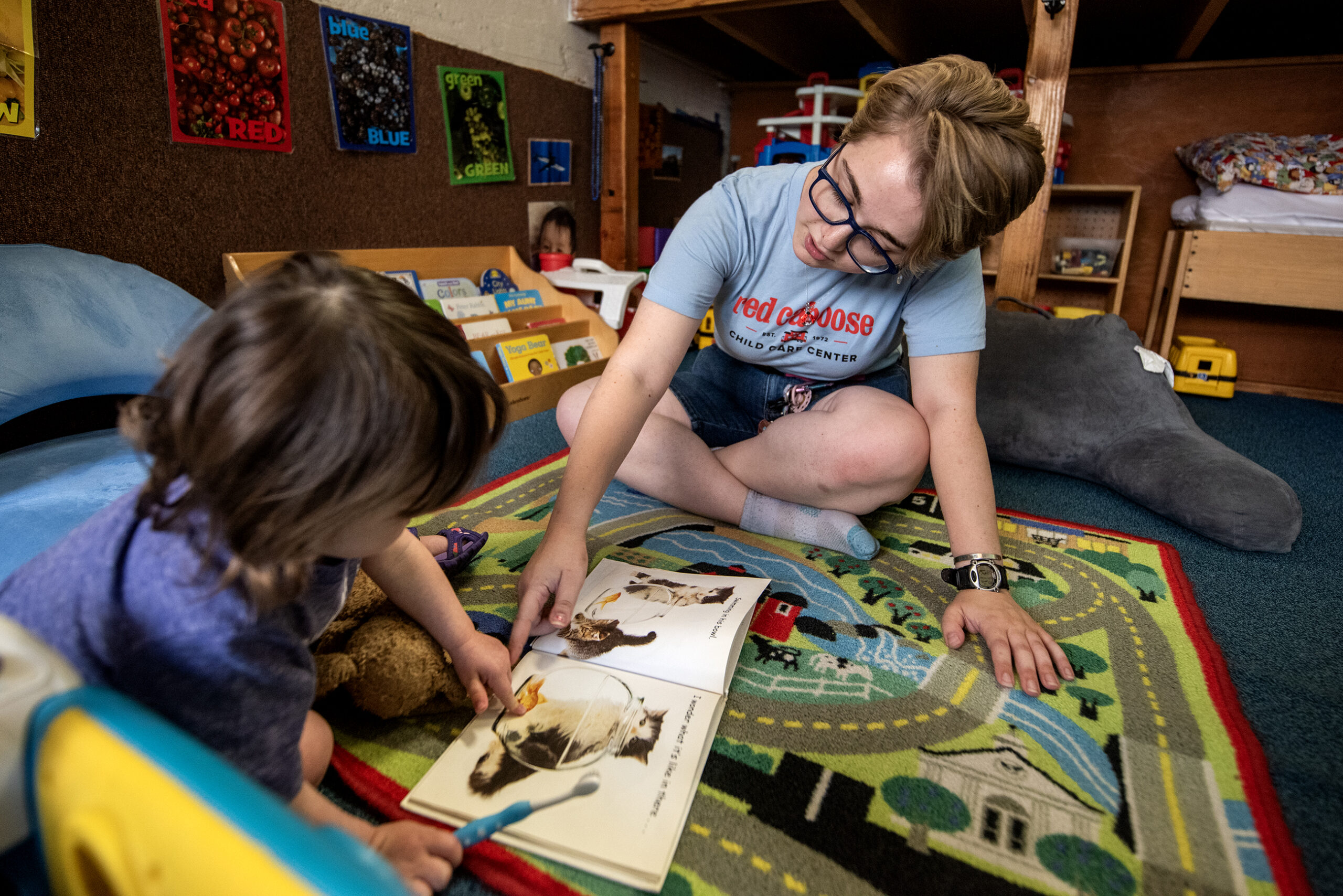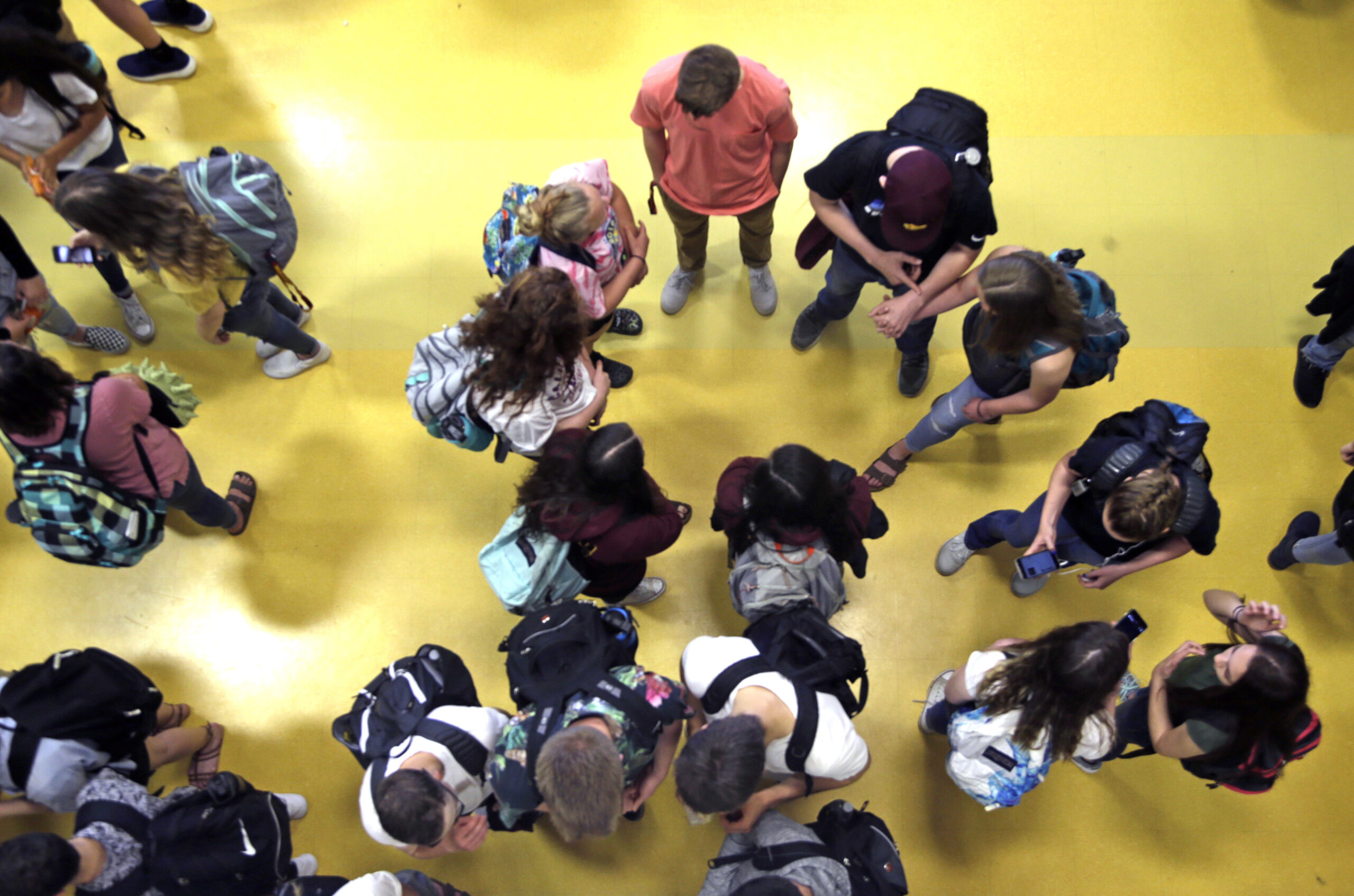She was late for school. Her grades were slipping and she didn’t want to go to soccer practice. That’s when Angela Reilly knew something was off with her teenage daughter.
She thought that was a normal stage for a high schooler.
“Oh, part of this is just being a teenage girl, this is just part of what it’s like, and they’re going to push back against their moms,” Reilly said.
Stay informed on the latest news
Sign up for WPR’s email newsletter.
But Reilly soon learned it was more than that – her daughter was anxious and depressed.
Reilly is the Director of Development and marketing for the South East Wisconsin branch of the National Alliance on Mental Illness. She knows now her daughter’s experience is increasingly common for girls in Wisconsin.
According to new data from the Wisconsin Office of Children’s Mental Health, 66 percent of young girls across the state are struggling with anxiety, and 50 percent feel sad and hopeless nearly every day. The report says the mental health of teenage girls has declined twice as much as boys of the same age.
“Girls are having some particularly troubling times right now,” said Linda Hall, director of the state office.
Hall said this difference between genders can be explained by early sexualization of women, unhealthy social media use, cyberbullying and regularly seeing content about suicide and eating disorders. These triggers disproportionately affect women of color and LGBTQ teens.
Body image issues and low self-esteem also plague young girls.
According to the report, 95 percent of people with eating disorders are between the ages of 12 and 25. Reilly said that’s because young girls have a negative internal monologue comparing themselves to others.
“I’ll never be good enough. I’m not as pretty as that person. I’m not as happy as that person. I’m not as popular as that person,” Reilly said.
Stephanie Hamann is a child and family therapist based at the Children’s Wisconsin Wausau Clinic who works with youth to overcome anxiety.
“We do some examples of taking good quality deep breaths. Reminding themselves of some positive affirmations to help them manage that moment,” Hamann said.
Hall said the number one priority is to help teens make strong connections with peers. Participating in extra circulations can help too. She encourages young women to develop healthy habits around eating, sleeping, exercise, and social media, and to ask for help if they need it.
“Helping kids understand how to reach out, make connections, develop good friendships is essential to their mental health,” Hall said.
Hall said parents should watch their child for changes in diet, sleep, and participation in extracurricular activities. Since family stress is a strong indicator of mental health in young people, parents should make home a calm and safe space. Hall said most importantly, caregivers need to check in on teenagers.
“Be checking in with your kid, consistently asking them how they’re doing, and listening to them,” Hall said. “Even less than a minute can make a difference.”
Hall said 75 percent of teens access mental health treatment at school. She’d like to see schools implement universal mental health screening, provide training for teachers on warning signs of poor mental health, and invest in cyberbullying and digital literacy.
“Mental health is no longer an add-on. It’s something we need to address with kids if they’re going to be ready to address their academics,” Hall said. “We would like to see screening be as routine as getting your eyes checked at school.”
Gov. Tony Evers’ proposed biennial budget included more than $270 million to expand mental health services in schools. But the Republican-led budget writing committee cut education-related items including the mental health funding. The governor later restored $30 million for mental health spending in schools through the veto process.
Hall, who had testified before a legislative committee about the need for additional funding for school mental health programs, said she is “disappointed” by the cuts.
“What the younger generation is experiencing now is something different than any adults have been through. So we really need to understand how they are viewing the world and what their ideas are about how we address this crisis,” Hall said.
Wisconsin Public Radio, © Copyright 2025, Board of Regents of the University of Wisconsin System and Wisconsin Educational Communications Board.

